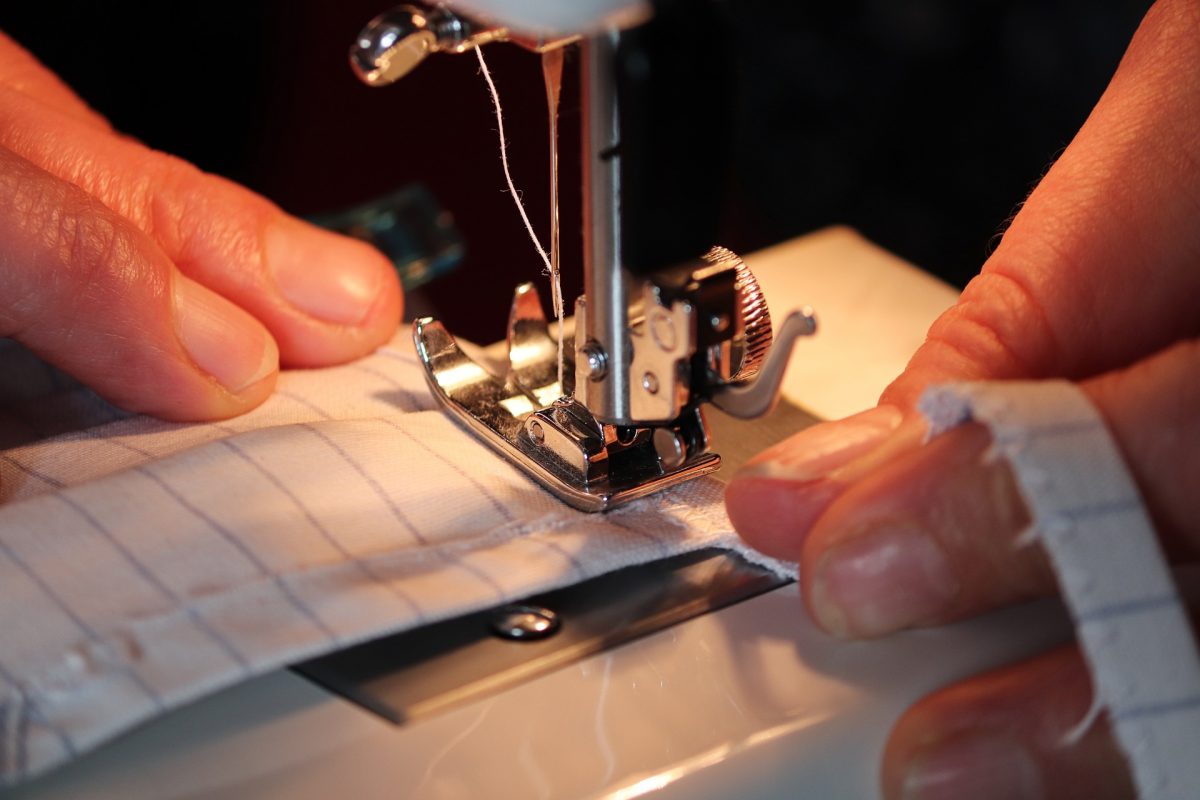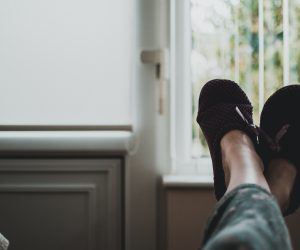
Do’s and Don’ts of Fabric COVID-19 Masks and Gloves
Dr. Don Colbert – Face masks are now recommended to the general public by the CDC to slow the spread of COVID-19. But, it’s extremely important that they are worn correctly and that social distancing is not ignored while masks are on. Here are the do’s and don’t of COVID-19 masks and gloves. Make sure you’re doing it right to keep yourself and your family safe.
Why Wear Masks?
As you know the COVID-19 Coronavirus is a novel virus, and we humans do not have immunity to it. This makes it much different than the seasonal flu or other coronaviruses that were not novel.
As you know the COVID-19 Coronavirus is a novel virus, and we humans do not have immunity to it. This makes it much different than the seasonal flu or other coronaviruses that were not novel.
We now know that COVID-19 is extremely contagious and spreads incredibly fast. The main cause of spread is through airborne droplets, either directly spewed onto us or those lingering in the air. COVID-19 can also be encountered on surfaces and spread to our hands, faces, and bodies.
In addition, we also know that COVID-19 is being spread by asymptomatic people. Some individuals simply do not display symptoms, or have very mild symptoms, even when they are infected with COVID-19. Without everyone taking precautions, we simply won’t know who has the virus and who doesn’t until we can all be tested.
How Masks Slow the Spread of COVID-19
COVID-19 masks create a barrier to stop, or at least reduce the number of droplets that exit one body from a cough, sneeze, or even talking.
In fact, a study from Hong Kong and the University of Maryland found that simple surgical masks, even those that didn’t fit particularly well, blocked 100% of viral droplets and some aerosol particles from infected individuals (compared to when they were not wearing masks). Their 111 participants were infected with influenza, rhinovirus, and mild coronaviruses). When the participant didn’t wear a mask and exhaled, contagious droplets lingered in the air 30% of the time (1).
However, since our health care workers desperately need all the surgical masks they can get, the public has resorted to fabric masks. But, do they work? And, what can you do to make them as effective as possible?
Do Cloth COVID-19 Masks Work?
Studies on different airborne illnesses have found that fabric offers little protection. However, a little protection is still better than no protection IF other recommendations are still followed.
One report from 2013 found that surgical masks were 3 times more effective than fabric at stocking the spread of viruses (2). Another study found concluded the same and found that fabric was somewhat effective, even if 3 times less than surgical (3).
Why is fabric less protective?
Fabric is more porous and allows more droplets through than surgical mask material. What’s more, it can actually “hold” the moisture of a cough or sneeze to you. This may actually be slightly advantageous though, as the droplets are “held” rather than spewed forward, at least slightly decreasing the potential transmission.
Most experts agree that fabric masks have the potential to reduce outgoing germs, even if they aren’t effective at stopping incoming germs as well. If everyone wears masks and slows outgoing germs, as a whole, they can be effective.
Make Cloth COVID-19 Masks More Effective
There are a few ways to make your masks, and wearing them, more effective.
- Use 2 pieces of fabric sewn together, rather than one layer, for a mask.
- Do your best to make a mask that is tight-fitting over your mouth and nose.
- Use heavy cotton or flannel rather than a more breathable fabric to reduce pore size.
- Avoid touching your face – remove your mask from the back of your head after washing or sanitizing your hands.
- Wash your mask in hot water, in a washing machine after every excursion into the public if possible. If able to steam clean it in your machine, this can be effective for sterilization (4).
- When in public, sanitize your hands before and after leaving your car, every time.
- Continue to social distance at least 6+ feet from others when in public.
- Continue to stay home as much as possible.
- If you are sick or showing symptoms, stay home if possible.
- If you are at high risk for severe COVID-19 symptoms, stay home if possible.
Should You Wear Gloves?
Gloves are only effective at slowing the spread of the virus when removed and discarded after every surfaced touched. Otherwise, they can spread the virus to your face or other surfaces the same as your hands.
If they are thrown away after every pubic surface and/or person encounter, they are effective.
If not, you will likely slow the spread more effectively by santizing your hands after every public surface encounter.
organisms isolated from coughs of healthy volunteers wearing their homemade mask, a surgical mask, or no mask was compared using several air-sampling techniques.
Bottom Line
Collectively, fabric COVID-19 masks can slow the spread of COVID-19 in the public from both asymptomatic and symptomatic carriers by reducing outgoing germs. They are not as effective as surgical masks, though, and those at high risk of severe COVID-19 should still stay home if possible to reduce the risk of infection (as should those with COVID-19 or symptoms). In addition, all recommendations for not touching your face, staying home, and social distancing should still be adhered to, whether wearing a mask or not. Frequent handwashing, and santizing hands before and after all public encounters can also reduce infection.
To read the original article click here.
For more information from Dr. Colbert click here.






